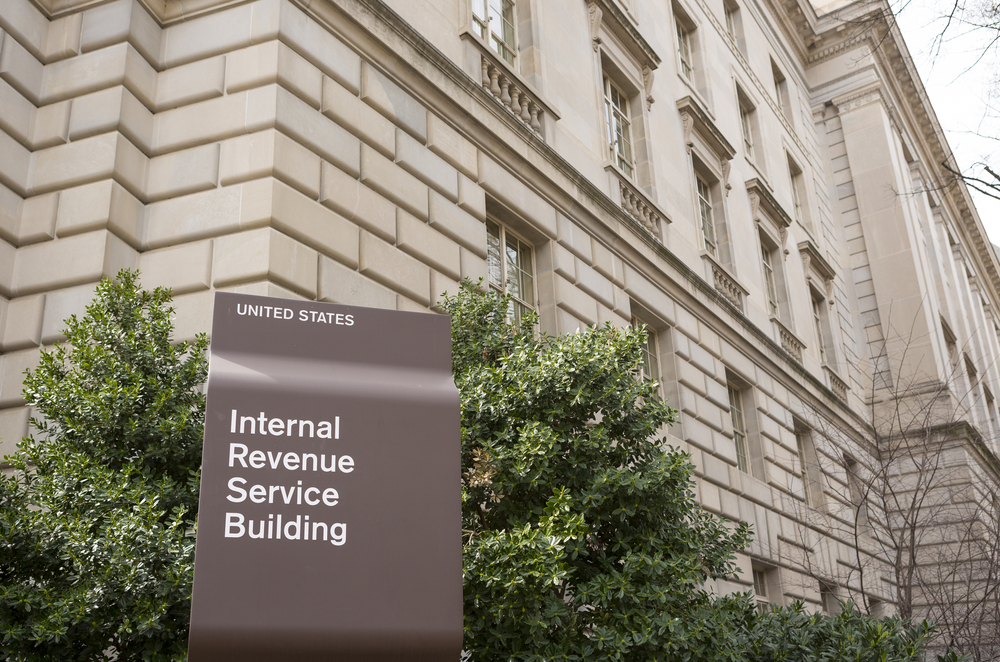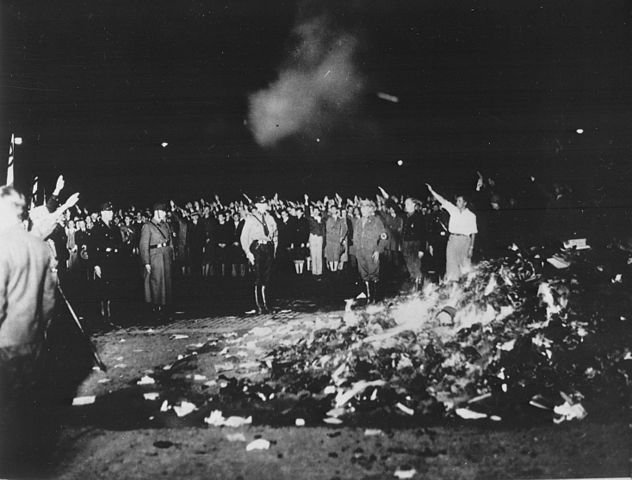
Nathan Mech is the Program Outreach Project Manager for the Acton Institute.
Posts by Nathan Mech
November 29, 2021
COVID-19 is the most deadly global pandemic since the 1918 influenza outbreak, claiming more than 5 million lives worldwide and counting. Well over 700,000 of these deaths occurred in the United States, which is comparable to the number of lives lost in the American Civil War.
Continue Reading...
September 21, 2021
Should governments legislate morality? It depends on how we define our terms.
If “legislate morality” is simply defined as “making laws that are moral,” then it is obvious that we should legislate morality.
Continue Reading...
August 27, 2021
Interest-bearing loans are commonplace in today’s economy, but are a subject of great contention in many of the world’s great intellectual and religious traditions.
The Mosaic Law dictates: “If you lend money to any of my people who are needy among you, do not be like a moneylender to him; do not charge him interest” (Exodus 22:25).
Continue Reading...
June 30, 2021
As Congress works on a $6 trillion spending bill that would be funded by higher taxes and increasing the national debt, Americans should be asking themselves: When is taxation morally permissible?
Continue Reading...
March 31, 2021
What do these two statements have in common: “Poverty is caused by overpopulation,” and “The rich get richer only as the poor get poorer”? Answer: They both inaccurately presuppose the economy is a zero-sum game.
Continue Reading...
September 15, 2020
State lotteries may seem like a good thing. They raise money for government programs like public schools. People contribute their money voluntarily (unlike most forms of taxation), which removes the moral weight involved in forcing people to hand over their money.
Continue Reading...
July 18, 2019
There’s something in our DNA to feel threatened by ideas that challenge our own.
History is haunted by tragic examples of the suppression of minority views, whether it be Athens killing Socrates (399 BC), the Roman Inquisition’s placing Galileo under house arrest for advocating heliocentrism (1632), Nazi book burning (1933), or the persecution of many thousands of academics during the Cultural Revolution (1966).
Continue Reading...
July 29, 2016
When it comes to something as important as a presidential election, most Americans don’t want to vote for a candidate who will very likely lose. But pragmatic considerations have no place in the voting booth, for two reasons.
Continue Reading...







